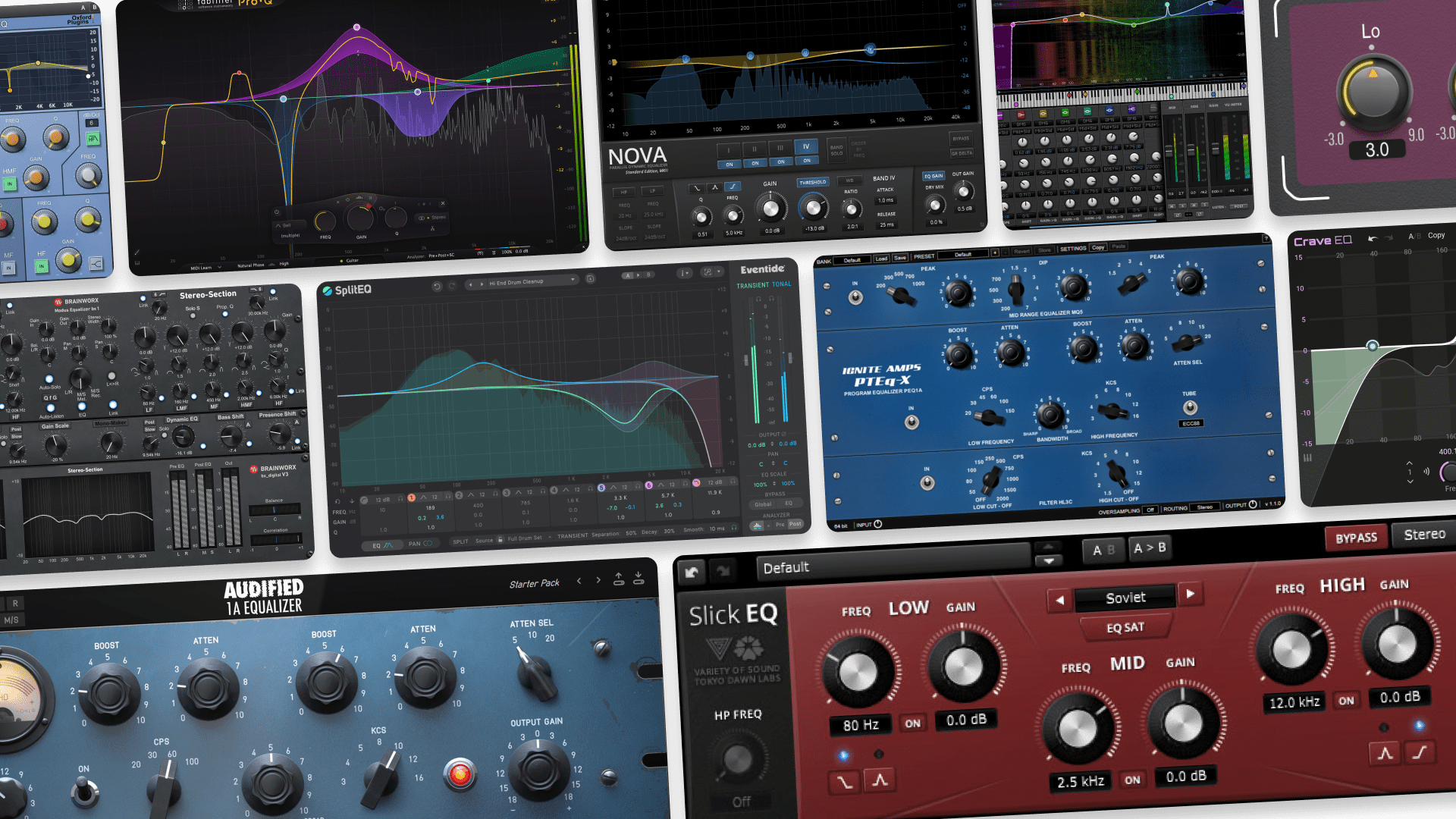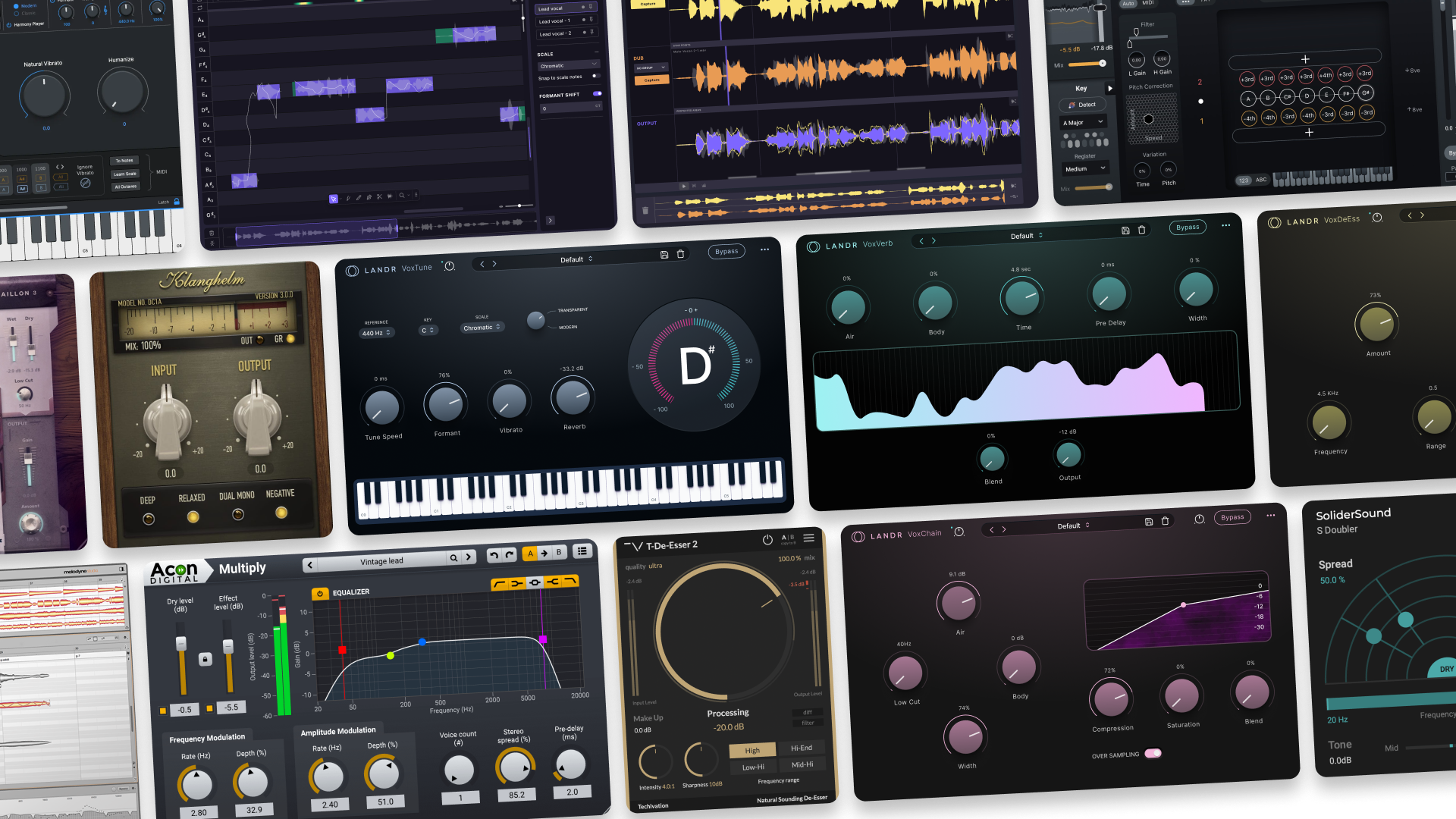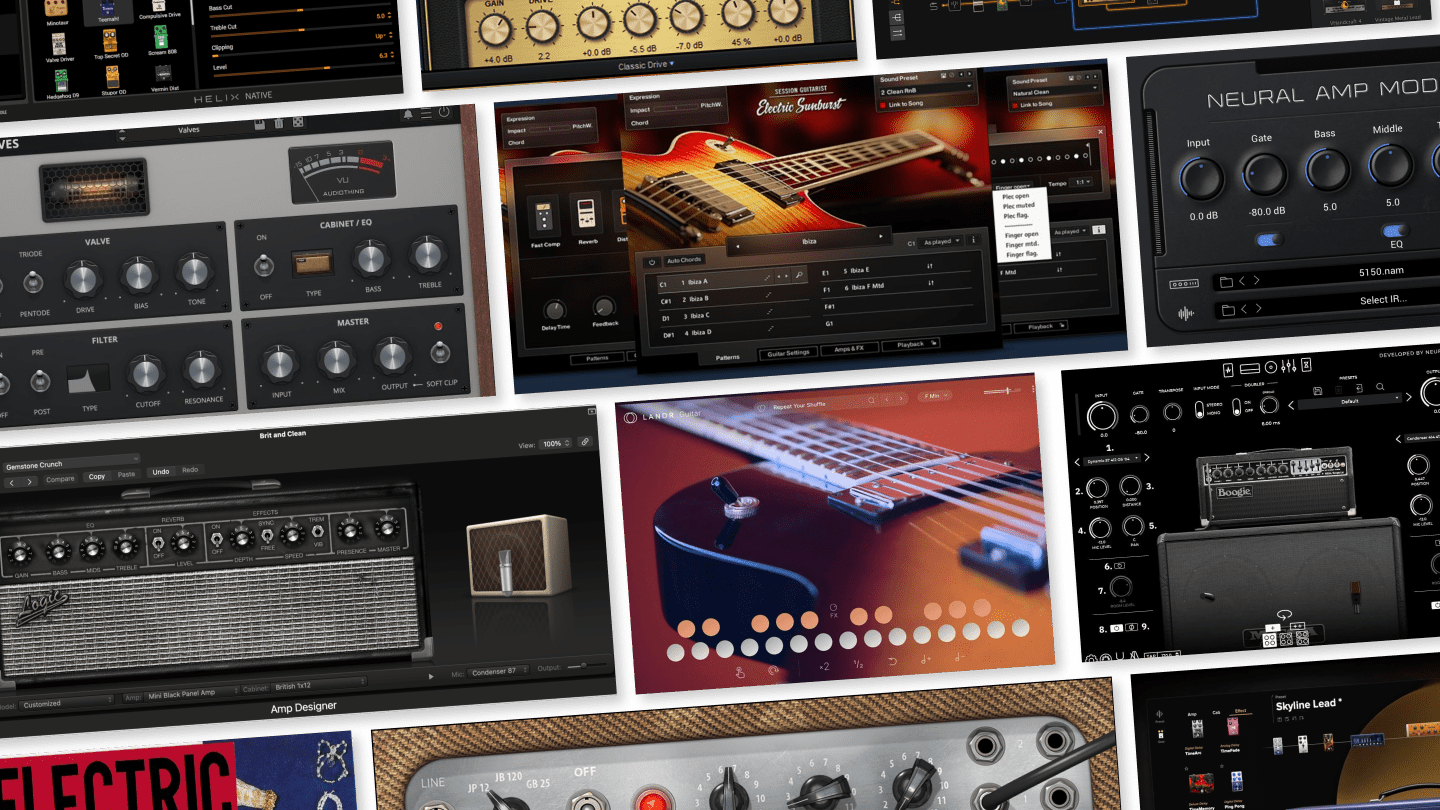
Making the Masters: Senior LANDR Audio Engineer Al Isler and His DIY Synth
Meet the AL behind the LANDR AI.
You’re right. LANDR uses artificial intelligence to master your music.
But the AI behind LANDR needed help to reach the amazing heights that it has.
LANDR is built on human-guided machine learning—not “just a robot” or “just an algorithm” or “just a preset.”
So if it’s human-guided who are the humans? Great question.
Meet Al Isler. He’s one of the Senior Audio Engineers here at LANDR. Everyday Al and the audio team tweak the LANDR engine to make it better at mastering your tracks.
To help you get to know the processes and people behind LANDR a bit more, we knocked (gently) on the studio door to ask Al a few questions.
Hey Al, thanks for taking some time to chat. Could you start by telling us a little bit about this incredible synth you’ve built?
Sure, my synth is a build of the Music From Outer Space Sound Lab Mini MKII.
It’s a fairly well featured mono synth with 2 Oscillators, Noise Generator, LP/BP Filter which can also act as an additional sine wave oscillator with the resonance at max, a S/H generator and 2 envelope generators, among other stuff.
“My unofficial education is the thousands of hours of freelance and DIY experience from the last 15 years, which in my opinion is more valuable.”
I added a passive ring modulator and a portamento/glide circuit (from an MFOS schematic). I’m using a Doepfer MIDI-CV converter to play it from a standard keyboard.
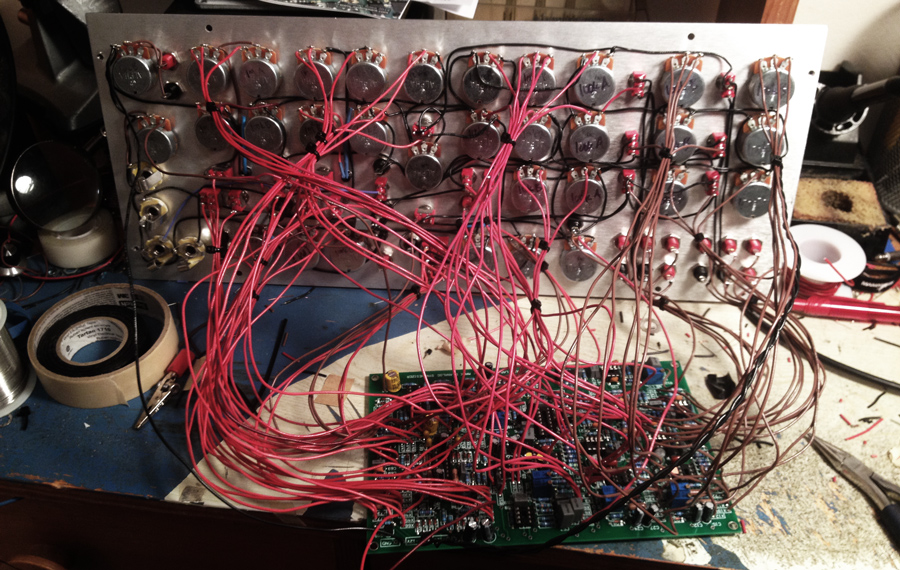
Ray Wilson, the designer and founder of MFOS recently passed away, which was a tremendous loss to the DIY synth community, but the good news is that it looks like his widow is keeping MFOS alive and so these may be available again shortly. I recommend everyone check out Music From Outer Space. It’s full of amazing information about how analog synths work as well as cool projects which range from simple noise boxes to full-featured mono synths.
What’s your job title and what’s a typical day like for you at LANDR?
I’m one of the Senior Audio Engineers at LANDR. Generally I’m responsible for driving and overseeing the sonic aspects of the engine. I work closely with our research engineers to continually improve how LANDR analyzes and processes songs, helping to maintain a musical focus to our tech.
“I try to go DIY whenever possible because it just makes me feel a bit more connected to what I’m doing rather than just being ‘a guy who buys stuff.'”
What’s your ‘official’ and ‘unofficial’ educational background in audio?
Officially, I have a degree in Electroacoustic Studies from Concordia University, with an emphasis on more traditional recording, mixing and mastering rather than Electroacoustic composition.
My unofficial education is my thousands of hours of freelance and DIY experience from the last 15 years, which in my opinion is more valuable. I definitely find you learn the most from just doing stuff, although that’s not to say that a bit of theory and technical knowledge can’t help.
What’s your home studio setup like right now?
I recently downsized my studio to be more of a portable set-up based around a Universal Audio Apollo 8. I have a small but capable mic collection and some preamps by Hairball Audio and Capi-Gear. I try to go DIY whenever possible because it just makes me feel a bit more connected to what I’m doing rather than just being “a guy who buys stuff.” It also stretches your budget a lot more :)
That said, I’m always adding more stuff. I’m planning to expand into more of a hybrid setup this year, incorporating outboard gear like compressors and a summing mixer. Also trying to put together a good collection of instruments because all the mics and preamps and effects in the world won’t save you if your source sound isn’t good.

How do you see services like LANDR fitting into the future of music production?
Workflows in music are trending more and more towards independent productions, home studios (even at the top levels), and fast turnaround times. Services and technology like LANDR are allowing for that to happen and give certain levels of creators and producers what they need keep pace with that new, faster workflow that is becoming the industry standard.
“…All the mics and preamps and effects in the world won’t save you if your source sound isn’t good.”
LANDR frees up time and resources that a lot of self-produced and self-funded musicians would normally put into trying to master their own material to give it a fighting chance in the market. LANDR takes a technical, time consuming and somewhat intimidating task off their plates.
What’s the biggest change you see coming in the future of audio?
If we’re talking general audio, and not just music, then it’s probably Virtual Reality and 3D audio. It’s pretty cool emerging tech but it’s not really my world, so I don’t have much of a finger on the pulse.
“Even just being able to make or repair your own cables is a huge benefit.”
As far as strictly music-oriented audio, I’m not sure… We have access to everything all the time, forever. Plugins have gotten very good, computer speeds seem to have more or less plateaued, and I’m not sure how much cheaper we can make things.
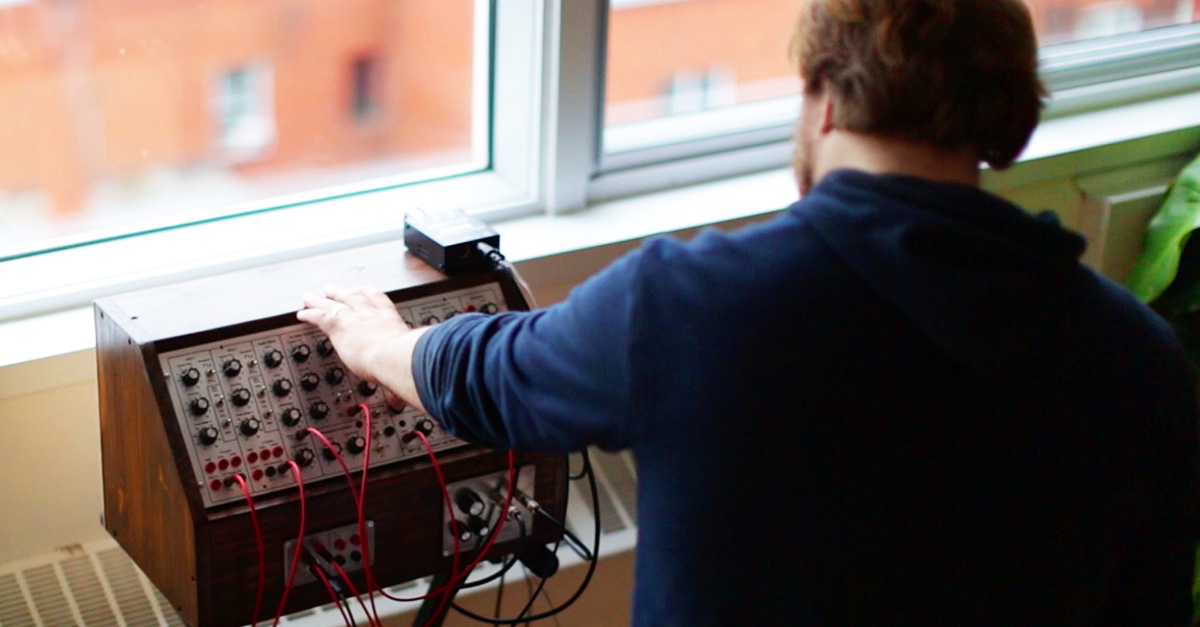
If I had to put my finger on a growing trend that I’ve noticed, I’d say DIY.
With companies like Capi-Gear, Hairball Audio, Sound Skulptor, Microphone Parts, DIY Recording Equipment, (and many, many more) putting out very high-quality stuff with very well detailed assembly instructions, DIY is becoming more attractive and much less intimidating for beginners.
I think it’s resonating with engineers who are coming up in a time of perpetually shrinking budgets. It lets you stretch your budget quite a bit further without any sacrifice in quality, and you learn valuable skills as well. Even just being able to make or repair your own cables is a huge benefit.
What do you listen to outside of work? Anything specific?
I know it’s a bit of a cop out, but it’s really too much to narrow it down. My tastes range across all genres. I feel one of the biggest assets an audio engineer can bring to the table—whether it’s in mastering, mixing, engineering, or producing—is an understanding of many genres that goes beyond the merely superficial.
“I feel one of the biggest assets a creator can bring to the table—whether it’s in mastering, mixing, engineering, or producing—is an understanding of many genres that goes beyond the merely superficial.”
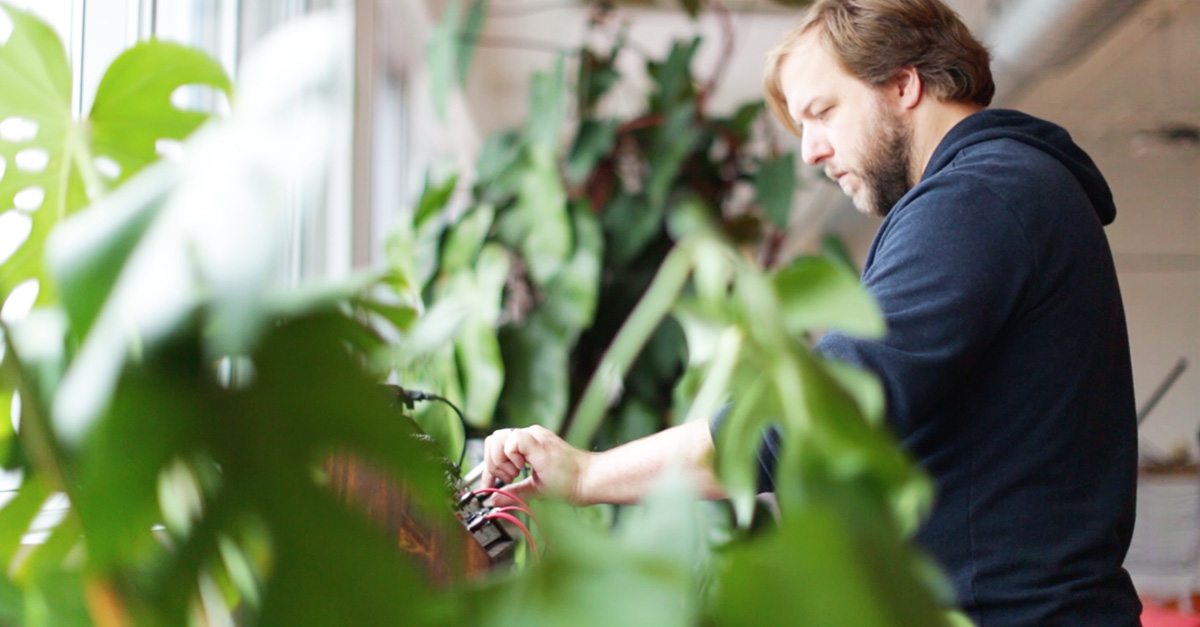
Of course everyone has their favourites, so I guess at the end of the day I’m more of a rock/songwriter/americana guy, but I genuinely listen to and cultivate an appreciation for as many different types of music as I can. Once you start digging into it you see that they’re not all that different or separate, but just points on a line. Different styles of music are ultimately just dialects of the same base language.
Check out the entire MFOS DIY Synth Community HERE
Gear guides, tips, tutorials, inspiration and more—delivered weekly.
Keep up with the LANDR Blog.

